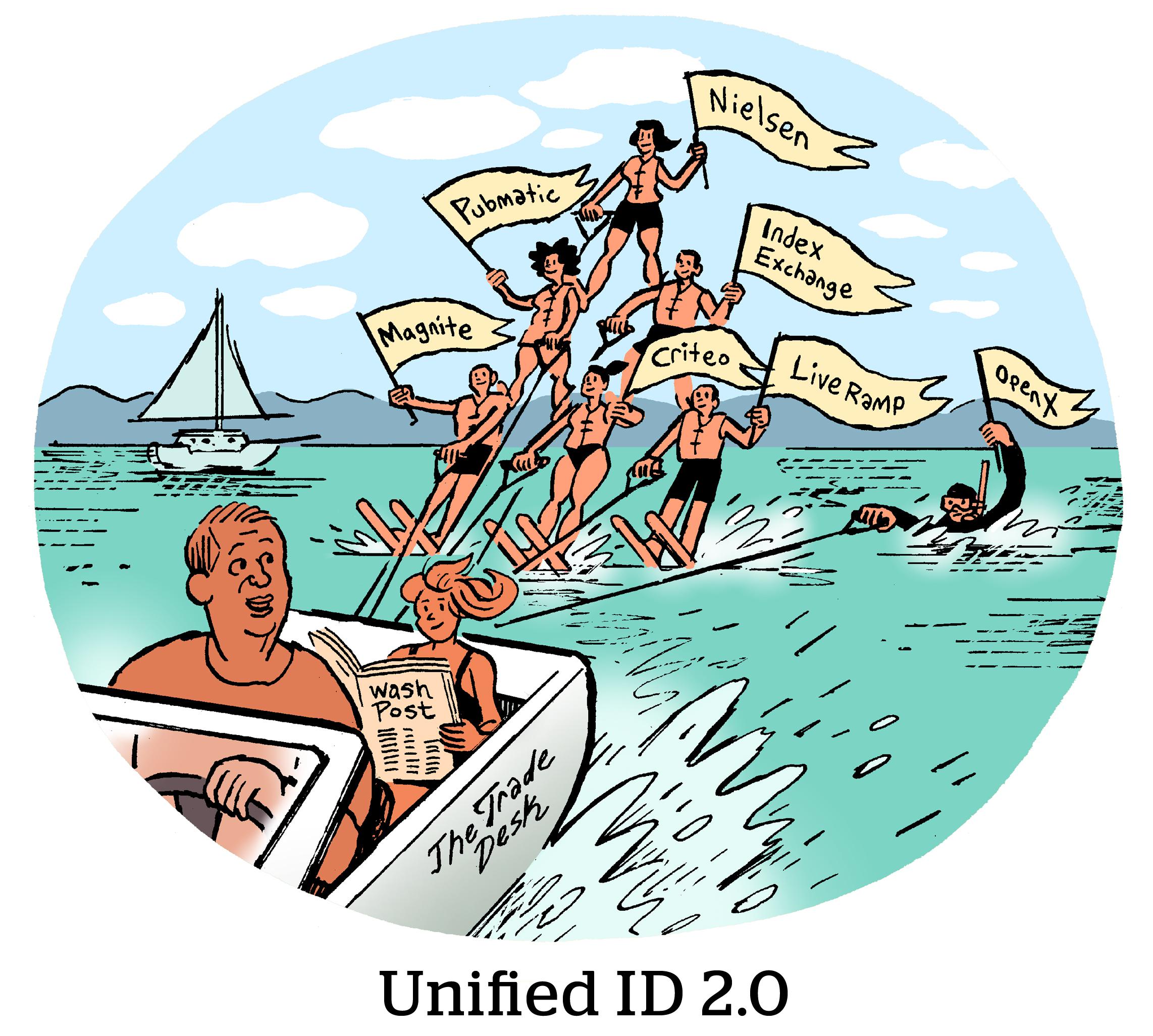The Interpublic Group (IPG) has joined a growing list of ad industry players working to make Unified ID 2.0 (UID2) a key identifier as the industry braces for a cookieless future.
Google, which had previously disclosed its intentions to axe third party cookies in 2022, later announced a delay in its initial plans to phaseout third-party cookies. Following Google’s initial announcement, the panic-gripped marketing and advertising industry began to seek out alternatives such as The Trade Desk’s Unified ID 2.0 and Lotame’s Panorama ID.
Unified ID 2.0, developed by The Trade Desk, is an open-source framework that publishers, advertisers, and digital advertising platforms can use to establish identity without third-party cookies. Meanwhile, IPG joins holding companies like Publicis Groupe and Omnicom, as well as publishers like AMC, Maven, The Washington Post, and Newsweek and hundreds of other companies in their support of UID2.
IPG’s Kinesso and Acxiom companies will act as closed operators within Unified ID 2.0 (UID2). As a closed operator, IPG’s Kinesso can keep first-party data in privacy safe environments in-house while still using UID2’s identifier to find high-value audiences, already generated by IPG agencies like UM, Initiative and MediaHub, on the open web. Acxiom, which builds first-party graphs for clients, can take those graphs and connect it to UID2, which will allow the data to be more accurate while ensuring safety.
Publicis Groupe plans to combine Unified ID 2.0 with its marketing and analytics firm Epsilon’s CORE ID to let advertisers target ads;Nielsen recently announced plans to end its reliance on third-party cookies for audience and outcomes-based measurement, and named UID2 as one of its preferred data sources. This move follows growing concerns for the elimination of third-party cookies and how the advertising and marketing industry would thrive without it.
Google’s third-party cookies have continuously played an integral role in the digital advertising industry. The cookies store user data to help improve user experience on a website while tracking user-activity online and serving targeted ads. These hyper-targeted ads are very valuable, resulting in the creation of an ad industry whereby individual user data is proliferated across thousands of companies.
Although the elimination of these cookies will increase user privacy and security, it also posed a big challenge for consumer tracking and ad serving firms, as marketers may no longer be able to track potential customers, retarget users, and even lose revenue as a result of the overall alteration.







Comment
No comments found.